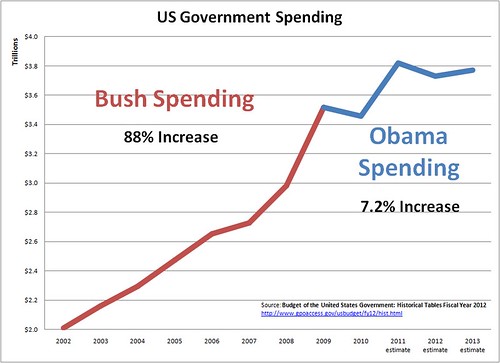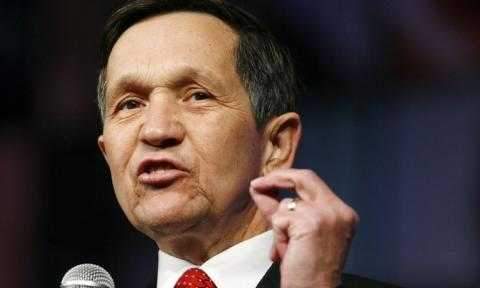Your right-wing brother-in-law is plugged into the FOX-Limbaugh lie machine, and keeps sending you emails about "Obama spending" and "Obama deficits" and how the "Stimulus" just made things worse.
Your right-wing brother-in-law is plugged into the FOX-Limbaugh lie machine, and keeps sending you emails about "Obama spending" and "Obama deficits" and how the "Stimulus" just made things worse.
Problem: Your right-wing relative is plugged into the FOX-Limbaugh lie machine, and keeps sending you emails about "Obama spending" and "Obama deficits" and how the "Stimulus" just made things worse.Solution: Here are three "reality-based" charts to send to him. These charts show what actually happened.
We all want to fix the terrible problems the country has. But it is so important to know just what the problems are before you decide how to fix them. Otherwise the things you do to try to solve those problems might just make them worse.
If you get tricked into thinking that Obama has made things worse and that we should go back to what we were doing before Obama -- tax cuts for the rich, giving giant corporations and Wall Street everything they want -- when those are the things that caused the problems in the first place, then we will be in real trouble.
We all want to fix the terrible problems the country has. But it is so important to know just what the problems are before you decide how to fix them. Otherwise the things you do to try to solve those problems might just make them worse. If you get tricked into thinking that Obama has made things worse and that we should go back to what we were doing before Obama -- tax cuts for the rich, giving giant corporations and Wall Street everything they want -- when those are the things that caused the problems in the first place, then we will be in real trouble.
The full article is available here













